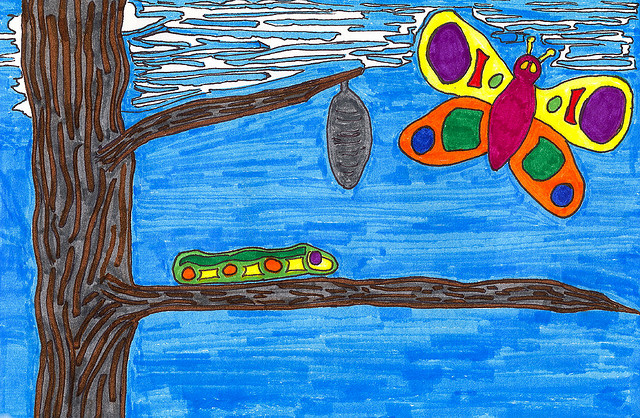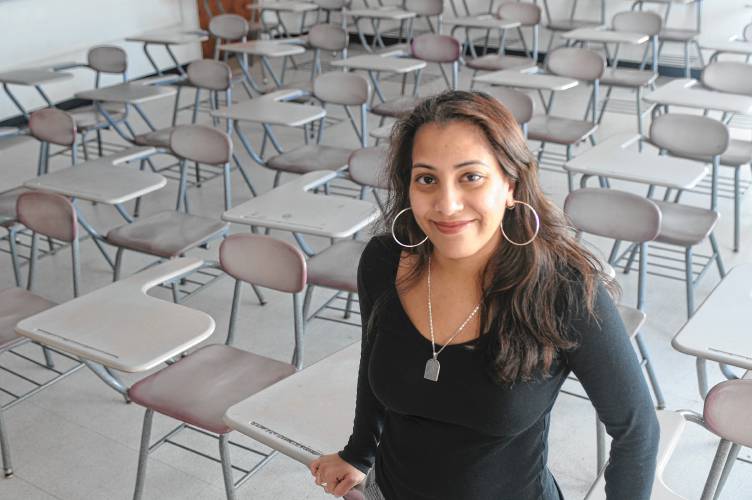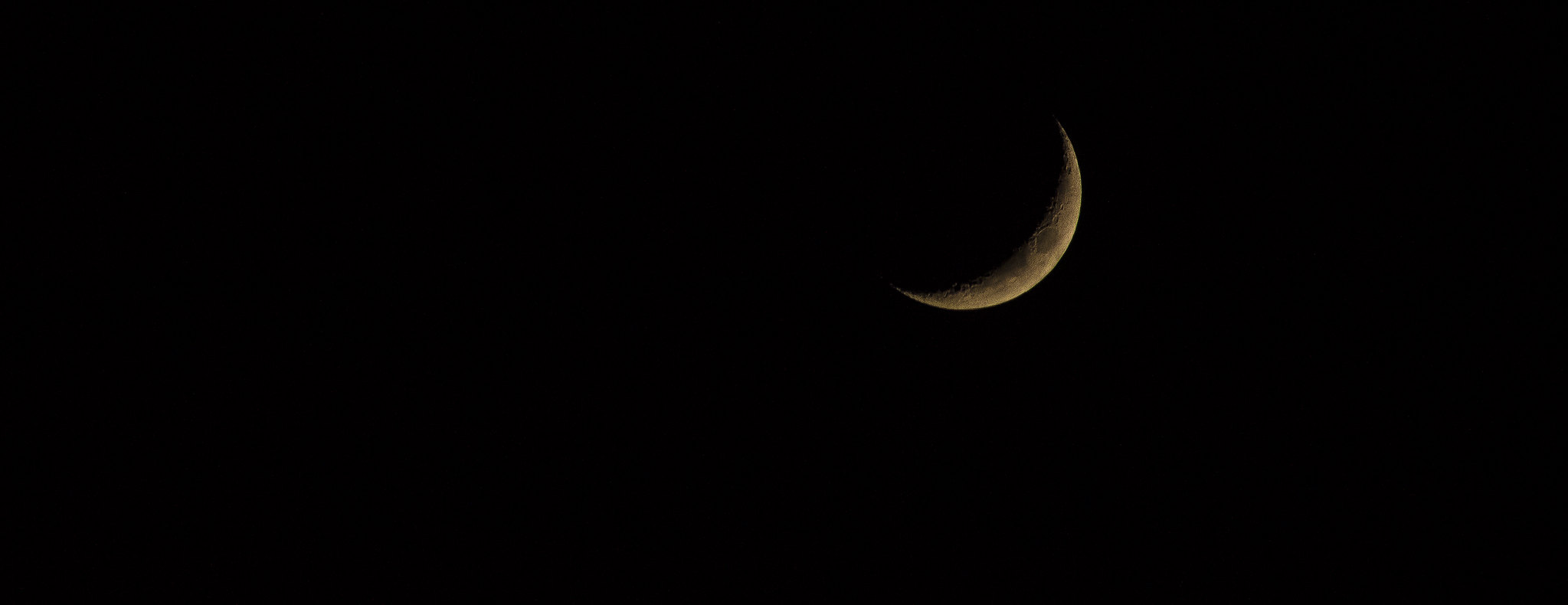“Who are YOU?” asked the Caterpillar of Alice. It is a question that creeps into the minds of married women and mothers everywhere. “Who am I?” Like Alice, we struggle to find an answer. We swell and contract into so many sizes—both literally and figuratively—to meet the needs of our children, husbands, parents, and in-laws, that we forget what we used to look like before these relationships. This amnesia is a bigger loss than we like to admit. For in forgetting ourselves, we forget the purpose for which we were created: to remember our Creator.
Most Muslim women of Pakistani descent have grown up watching our mothers cooking, cleaning, preparing and serving day in and day out. We saw them anticipating the needs of others, while ignoring their own. Their aches and pains were quietly kept within and so, too, were their hopes and aspirations, whatever they may have been. They disappeared like vapor into their families. Like ascetic monks, their self-denial was extraordinary.
When we become wives and mothers ourselves, we naturally follow in their footsteps. We put the happiness and well-being of others before our own.
We believe, mistakenly, that our happiness lies in theirs.
The teething baby didn’t let you sleep a wink at night, but you pull yourself out of bed to make breakfast. After all, everyone needs a hot, protein-rich breakfast before they start their day. Meanwhile, you run on empty even though your day started the night before. You do the third load of laundry this week because your husband spilled coffee on his pants, and its Cowboy day at school so the kids need their outfits washed and pressed. Your family is well-dressed, well-fed–the picture of well-being.
But what about you? You have been wearing the same smelly, stained pajamas since day before yesterday and your hair still sits atop your head in the messy half-bun you threw up this morning. Your meals are quick bites of your children’s cold leftovers, squeezed in between a sleeping baby and dashes to the bathroom. On a good day, you feel exhausted and irritable. “Is this how my mother lived?” you think. “Is this what life is supposed to be like?”
No. It is not. There is an unspoken rule firmly rooted in Pakistani culture – the more selfless a woman, the greater her worth. So when people see a woman slaving away for the sake of her family, no matter her condition, it is not cause for concern, but rather something to be expected and applauded. “She will receive her reward in Jannah,” they knowingly say.
This rule ignores the truth that every living thing requires nourishment and nurturing.
A woman’s mind and body cannot be expected to reap its reward in the afterlife. They demand care now, in this life.
Even more damaging is that many women believe this rule to be true themselves. We believe that hidden inside the daily denial of our needs is our happiness. We believe that in looking after others and forgetting ourselves, we are gathering good deeds for our afterlife. But the soul is intertwined with the material body, and a body that is not cared for, loved and looked after cannot house a soul that remembers and praises God as it should. And a soul that cannot praise God, cannot bring contentment to the mind, heart or body.
Yes, we are wives and mothers, but we are also individuals. We are not like the maiden who comes out of the cuckoo clock at every hour with a smile painted on her face; made of wood, without feeling, without need, without purpose, without soul. Before you do anything today, answer the Caterpillar’s question – Who are you? If you have to dig deep, dig deep. Who are you? What do you need? Give yourself a hot cup of tea. Ask yourself how you are and what you would like to do today. And remember the purpose for which you were created.
Maria Khan is a wife and working mother to a six month old baby. She hopes to empower her fellow Muslim sisters and give voice to the issues they face.
Photo Credit


















